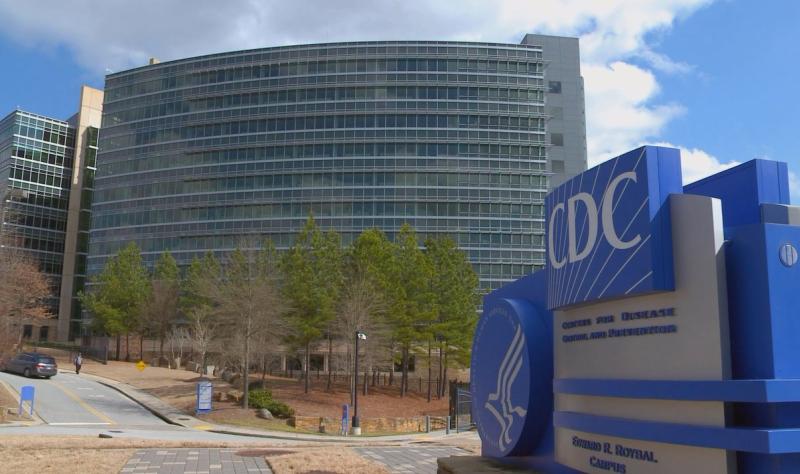Man Pleads Guilty to Selling $2.7 Million Worth of Unregistered Covid Pesticide


Paul Andrecola, a 63-year-old New Jersey chemist, sold pesticides that had not been registered with the Environmental Protection Agency. Some of his customers were federal agencies.
A New Jersey man admitted in federal court on Thursday to illegally selling $2.7 million worth of pesticides that he falsely claimed had been registered with the Environmental Protection Agency as effective safeguards against the coronavirus.
The man, Paul Andrecola, 63, of Maple Shade, N.J., sold the pesticide to several government agencies, including a U.S. Air Force base and the U.S. Marshal’s Service. Federal law requires that pesticides be registered with the E.P.A. to ensure that they are “safe, effective, and bear labeling containing true and accurate information,” according to the U.S. Attorney’s Office in New Jersey.
Prosecutors said Mr. Andrecola had used another company’s registration numbers for his product at the beginning of the pandemic and created several false documents to support his claim of the pesticide being “E.P.A.-approved to kill coronavirus.”
Mr. Andrecola, a chemist who was the co-owner of one chemical formulation and manufacturing company and the chief director of research for another, pleaded guilty to selling an unregistered pesticide, wire fraud and presenting false claims, federal prosecutors said. He agreed to forfeit the $2.7 million in proceeds from the scheme.
Mr. Andrecola is to be sentenced on Oct. 11. The wire fraud count carries a maximum sentence of 20 years.
“Paul Andrecola’s scheme profited on the fears of the American people during the height of concerns about transmission of Covid-19,” U.S. Attorney Philip R. Sellinger said in a statement.
Mr. Andrecola, who sold his product from March 2020 through May 2021, said by phone on Thursday that he could not “talk about anything” and declined to answer questions.
Charles H. Nugent Jr., a lawyer representing Mr. Andrecola, said by phone that while it was wrong for his client not to properly register his product, it was “as safe and effective against coronavirus as anything else on the market.”
“He did something he shouldn’t have done, and he’s accepted responsibility for that,” Mr. Nugent said. But the product Mr. Andrecola sold “was not dangerous,” he added.
The guilty plea came as prosecutors pledge to go after people across the country who took advantage of a fraught moment in the pandemic and stole thousands in Covid-19 relief funds or engaged in other coronavirus-related schemes, such as printing phony vaccination cards and selling fake test results.
In March, President Biden named a special prosecutor, Kevin Chambers, to lead the Justice Department’s efforts to pursue cases of fraud and attempted fraud related to at least $8 billion in Covid-19 relief funds.
Mr. Andrecola began doing business at the outset of the pandemic in March 2020, the complaint states. The pesticide that Mr. Andrecola created was sold as sanitizer and wipe disinfectant products, and he named it “GCLEAN,” according to a criminal complaint.
He would email customers, writing that “GCLEAN” was registered with the E.P.A. and a “disinfectant for use against” Covid-19 — one that was “effective in killing” the virus, according to the complaint.
On Aug. 13, 2020, Mr. Andrecola emailed a company and persuaded a worker to purchase more than $1 million worth of the product, the complaint states.
According to the complaint, Mr. Andrecola made more than 150 sales along the way, persuading many to buy. Among them: Moody Air Force Base in Georgia, the National Forest Service, a Police Department in Delaware, a Fire Department in Virginia, a medical clinic in Georgia, a janitorial supply company in New York and a school district in Wisconsin. .
Assistant Attorney General Todd Kim, the chief of the Justice Department’s environmental division, said in a statement that Mr. Andrecola had “not only cheated dozens of people out of millions of dollars, but also endangered the health of those who relied on his fraudulent virucidal products.”


